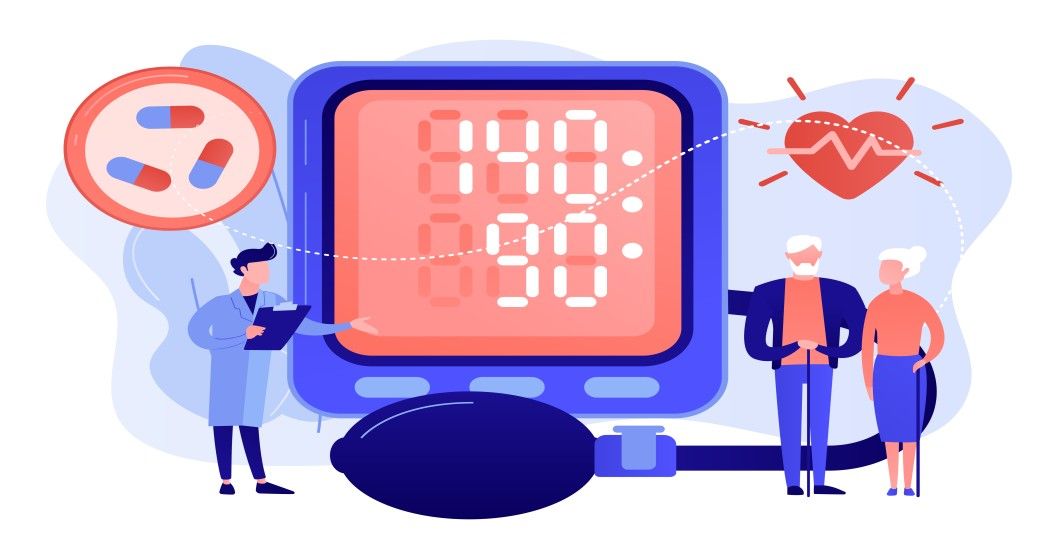Diabetes Management
Diabetes and Gallbladder Health: Understanding the Risks and Prevention
1 min read
By Apollo 24|7, Published on - 22 April 2024
Share this article
0
0 like
.jpg?tr=q-80)
Understanding the link between diabetes and gallbladder health can seem like a complex task. To break it down, we delve into how diabetes influences gallbladder health, primarily focusing on the risk of developing gallstones. Let's unravel this connection and shed light on what you can do to manage it effectively.
The Overlap of Diabetes and Gallstones
Diabetes can inflame gallbladder problems, chiefly gallstones. This heightened risk is attributed to multiple factors such as obesity, high cholesterol levels and certain medications. The prevalence of obesity in diabetic individuals amplifies the probability of forming gallstones. Furthermore, those with high cholesterol or those under cholesterol treatment are more exposed to the risk of gallstone formation due to an increase in cholesterol in bile in the gallbladder.
Steps to Mitigate Risk
Proactively managing diabetes can pave the way toward preventing gallstones. Upholding a healthy, low-cholesterol diet and regulating weight are crucial preventive measures.
Symptoms and Complications
Gallstones can go unnoticed when they don't block the bile duct as they exhibit no symptoms and require no treatment. However, when they obstruct the bile duct, sharp abdominal pain often ensues. Other symptoms might include nausea, vomiting, fever or chills, and frequent indigestion problems. If left untreated, gallbladder issues like gallstones may lead to complications such as infection of the common bile duct (ascending cholangitis) or inflammation of the pancreas (pancreatitis).
There is a distinct association between diabetes and an increased risk of gallbladder problems. Efficient management of diabetes involves a balanced low-cholesterol diet and weight management, acting as a preventive measure against gallstones.
Diabetes Management
Consult Top Diabetologists
View AllLeave Comment
Recommended for you
.jpg?tr=q-80)
Diabetes Management
What Are The Macrovascular Complications Of Diabetes?
Understanding the macrovascular complications of diabetes is crucial in managing this condition effectively. These complications involve coronary heart disease, cerebrovascular disease, peripheral artery disease, cardiomyopathy, and arrhythmias. Management involves keeping blood sugar, blood pressure, and lipid levels under control. Programs like Apollo Super 6 can help prevent these conditions by effectively managing your diabetes.

Diabetes Management
Taking Back Control: Your Guide to Managing Diabetes & High Blood Pressure
You don’t have to live with diabetes or hypertension forever! Lifestyle changes like healthy eating, exercise, weight management, stress reduction, and quitting smoking can help you potentially reverse them. Remember, a balanced lifestyle is the key. Consulting your doctor is crucial for personalized advice and medication adjustments.

Diabetes Management
The Best Time to Exercise in Diabetes
Exercise crucial for diabetes management: Type 1 & Type 2 benefit. Timing matters: Type 2 - small meal before morning workout, Type 1 - exercise in AM to prevent hypoglycemia. HIIT post-lunch for Type 2. Late evening exercise needs insulin adjustments for Type 1. Personalized plan from healthcare pros essential.
Subscribe
Sign up for our free Health Library Daily Newsletter
Get doctor-approved health tips, news, and more.
Visual Stories

8 Fruits That are Incredibly Healthy for Diabetes
Tap to continue exploring
Recommended for you
.jpg?tr=q-80)
Diabetes Management
What Are The Macrovascular Complications Of Diabetes?
Understanding the macrovascular complications of diabetes is crucial in managing this condition effectively. These complications involve coronary heart disease, cerebrovascular disease, peripheral artery disease, cardiomyopathy, and arrhythmias. Management involves keeping blood sugar, blood pressure, and lipid levels under control. Programs like Apollo Super 6 can help prevent these conditions by effectively managing your diabetes.

Diabetes Management
Taking Back Control: Your Guide to Managing Diabetes & High Blood Pressure
You don’t have to live with diabetes or hypertension forever! Lifestyle changes like healthy eating, exercise, weight management, stress reduction, and quitting smoking can help you potentially reverse them. Remember, a balanced lifestyle is the key. Consulting your doctor is crucial for personalized advice and medication adjustments.

Diabetes Management
The Best Time to Exercise in Diabetes
Exercise crucial for diabetes management: Type 1 & Type 2 benefit. Timing matters: Type 2 - small meal before morning workout, Type 1 - exercise in AM to prevent hypoglycemia. HIIT post-lunch for Type 2. Late evening exercise needs insulin adjustments for Type 1. Personalized plan from healthcare pros essential.

